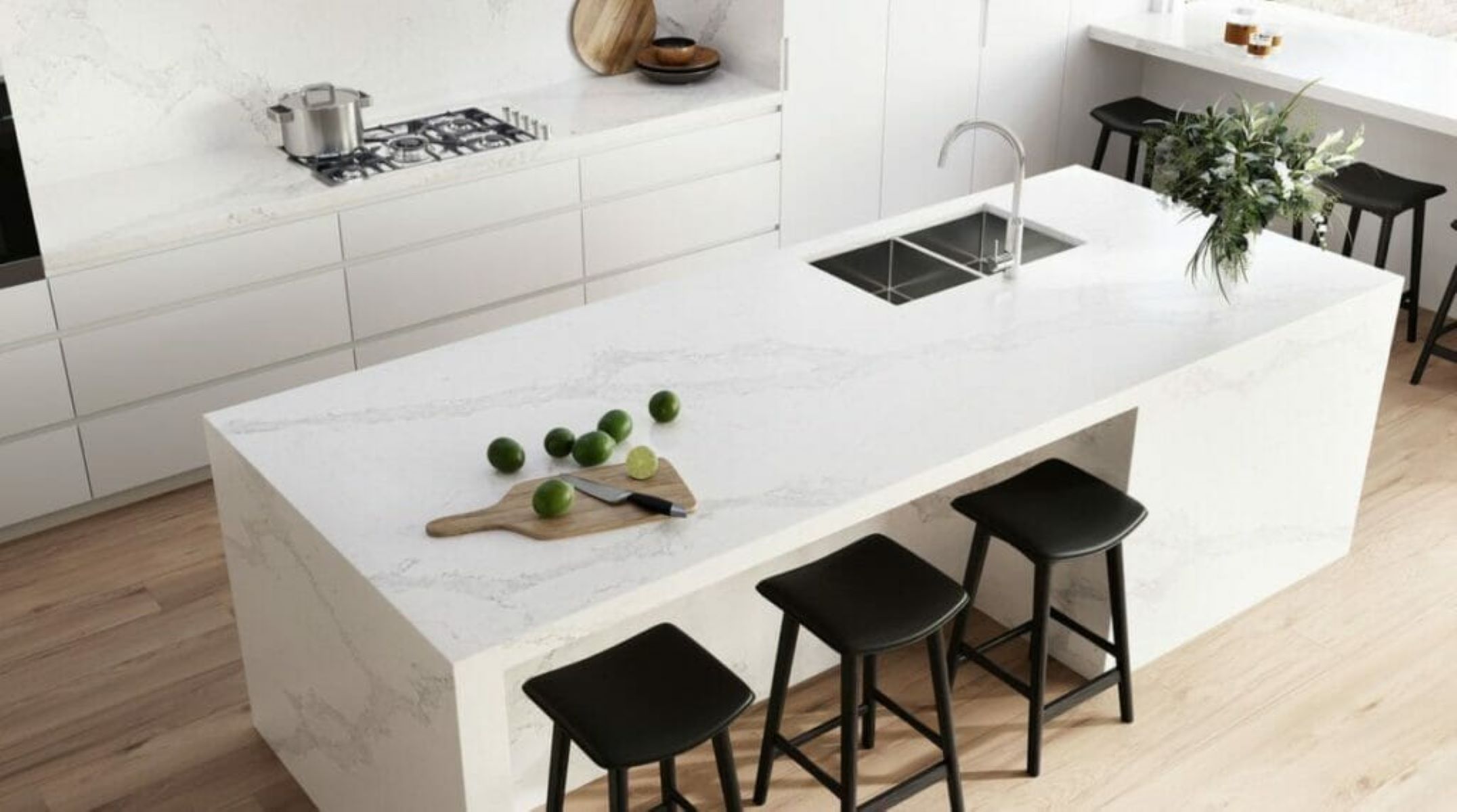

Articles
What Will Stain Quartz Countertops
Modified: January 18, 2024
Discover the causes and remedies for stains on quartz countertops in our informative articles. Protect the beauty of your kitchen surfaces with expert advice.
(Many of the links in this article redirect to a specific reviewed product. Your purchase of these products through affiliate links helps to generate commission for Storables.com, at no extra cost. Learn more)
Introduction
Quartz countertops have become increasingly popular in modern kitchens due to their durability, low maintenance, and stunning aesthetic. Made from a combination of natural quartz stone and resin binders, these countertops are highly resistant to stains and scratches. However, it is important to note that while quartz is stain-resistant, it is not entirely stain-proof. Certain substances and materials can still cause discoloration and stain the surface of your quartz countertops if not promptly cleaned.
In this article, we will explore the common stains that can occur on quartz countertops and provide you with effective solutions to prevent and remove them. By understanding how different stains can affect your quartz countertops and implementing proper maintenance and cleaning techniques, you can keep your countertops looking pristine and extend their lifespan.
Key Takeaways:
- Preventing stains on quartz countertops is essential. Regular cleaning, proper sealing, and using cutting boards and trivets can help maintain the pristine appearance of your countertops and extend their lifespan.
- Effective stain removal methods, such as gentle cleaning solutions and the poultice method, can restore the beauty of quartz countertops. Following manufacturer’s guidelines and seeking professional help when needed is crucial for successful stain removal.
Read more: What Are Quartz Countertops
Common Stains on Quartz Countertops
Despite their resistance to stains, quartz countertops can still be susceptible to certain substances that can leave unsightly marks if left unattended. Here are some of the most common stains that can occur on quartz countertops:
- Food and Beverages: Foods and beverages containing high levels of acids, such as citrus fruits, tomatoes, wine, or coffee, can potentially cause stains on quartz countertops. The acid in these substances can react with the resin binders in the quartz, leading to discoloration over time.
- Oil and Grease: Oil and grease stains can occur from cooking or food preparation activities. Spills of cooking oils, greasy sauces, or butter can leave behind oily marks on the surface of your quartz countertops if not promptly cleaned.
- Chemicals and Solvents: Harsh chemicals and solvents, such as bleach, nail polish remover, or paint thinner, can cause permanent damage to quartz countertops. These substances can strip away the protective sealant and cause discoloration or dullness on the surface.
- Sharpie and Permanent Marker: Accidental marks made with permanent markers or sharpies can be a common source of stains on quartz countertops. It is important to act quickly in removing these stains to prevent them from penetrating the surface.
- Rust and Metal Stains: Rust or metal stains can occur when metal objects, such as cans or rusted utensils, come into contact with the quartz countertop surface. These stains can be challenging to remove and may require specific cleaning methods.
While quartz countertops are designed to resist stains, it is essential to take precautions to prevent these common stains from occurring in the first place. In the next section, we will discuss some preventive measures you can take to maintain the pristine appearance of your quartz countertops.
Food and Beverages
Foods and beverages containing high levels of acids are a common cause of stains on quartz countertops. Acidic substances like citrus fruits, tomatoes, wine, and coffee can cause discoloration over time if not promptly cleaned.
To prevent stains from acidic foods and beverages, it is important to wipe up spills immediately. Use a soft cloth or sponge and a mild dish soap to gently clean the affected area. Avoid using abrasive cleaners or scrub brushes as they can damage the surface of the quartz.
If the stain persists, you can create a paste by mixing baking soda with water until it forms a thick consistency. Apply the paste to the stained area and let it sit for about 15 minutes. Then, gently scrub the area with a soft cloth or sponge. Rinse it thoroughly with water and dry the surface with a clean cloth.
Additionally, using cutting boards and trivets can provide an extra layer of protection against stains caused by acidic foods. By placing a cutting board or trivet between the food and the quartz countertop, you can prevent direct contact and potential staining.
Regular maintenance and proper cleaning techniques are key to keeping your quartz countertops free from stains caused by food and beverages. In the next section, we will explore how to prevent and remove oil and grease stains.
Oil and Grease
Oil and grease stains are often a result of cooking or food preparation activities. Spills of cooking oils, greasy sauces, or butter can leave behind oily marks on the surface of your quartz countertops if not promptly cleaned.
To prevent oil and grease stains, it is important to wipe up spills as soon as possible. Use a soft cloth or paper towel to absorb the excess oil or grease. Avoid rubbing the spilled substance, as it can spread the stain further. Instead, gently blot the area to absorb the liquid.
Next, use a mild dish soap mixed with warm water to clean the stained area. Dip a soft cloth or sponge into the soapy mixture and gently scrub the stain. Rinse the cloth frequently to remove any residue. After cleaning, rinse the countertop with clean water and dry it thoroughly with a clean cloth.
If the stain persists, you can create a paste using a mixture of baking soda and water. Apply the paste to the stained area, gently scrub it with a soft cloth, and let it sit for about 15 minutes. Rinse with clean water and dry the surface completely.
As an additional preventative measure, it is advisable to use cutting boards and trivets when working with oily or greasy substances. This will help minimize direct contact between the oils and the quartz countertop surface.
By promptly addressing spills and using proper cleaning techniques, you can keep your quartz countertops looking pristine and prevent oil and grease stains from setting in.
Chemicals and Solvents
Chemicals and solvents, such as bleach, nail polish remover, or paint thinner, can cause permanent damage and discoloration to quartz countertops. It is crucial to handle these substances with care and avoid direct contact with the countertop surface.
If any chemical spills occur on your quartz countertop, immediately wipe up the spill with a soft cloth or paper towel. Avoid spreading the spill or rubbing it into the surface, as this can further damage the quartz. Quickly rinse the area with water to dilute the chemicals and remove any residue.
When it comes to cleaning quartz countertops, always use mild dish soap mixed with warm water. Harsh chemical cleaners, abrasive scrub brushes, or scouring pads can potentially harm the quartz surface and cause permanent damage. Stick to gentle cleaning solutions and non-abrasive tools to maintain the integrity of the countertop.
Prevention is the best approach when it comes to chemicals and solvents. Be cautious and aware of the products you are using near your quartz countertops. Always use cutting boards or trivets when handling potentially harmful substances, such as paint cans or strong cleaning agents.
If you accidentally spill a chemical that leaves a stain on your quartz countertop, it is advisable to seek professional help. Contact the manufacturer or a professional quartz countertop installer to obtain their guidance and expertise in removing the stain without further damaging the surface.
By exercising caution and using gentle cleaning techniques, you can protect your quartz countertops from potential damage caused by chemicals and solvents.
Sharpie and Permanent Marker
Accidental marks made with sharpies or permanent markers can be a frustrating sight on your quartz countertops. However, with the right approach, you can effectively remove these stubborn stains.
If you discover a sharpie or permanent marker stain on your quartz countertop, act quickly to prevent the ink from setting into the surface. Start by blotting the stain with a soft cloth or paper towel to remove any excess ink.
Next, dampen a clean cloth with rubbing alcohol or acetone. Gently dab the stained area with the cloth, making sure not to rub it vigorously. The alcohol or acetone will help dissolve and lift the ink stain from the quartz surface.
Continue dabbing the stain with the alcohol or acetone until it begins to fade. Rinse the cloth frequently to ensure you’re not spreading the ink or residue. Once you’ve successfully removed the stain, rinse the countertop with clean water and dry it thoroughly.
It’s worth noting that while alcohol and acetone are effective for removing sharpie and permanent marker stains from quartz, they can also damage the protective sealant on the countertop. After removing the stain, it is recommended to reapply the sealant to maintain the integrity of the quartz surface.
To avoid future sharpie or permanent marker stains, be cautious when using these markers near your quartz countertops. If possible, cover the countertop or work on a protective surface to prevent accidental marks from occurring.
With prompt action and the right cleaning method, you can successfully remove sharpie and permanent marker stains from your quartz countertops and restore their pristine appearance.
Rust and Metal Stains
Rust or metal stains can occur on quartz countertops when metal objects come into direct contact with the surface. This can happen when cans, rusted utensils, or other metal items are placed on the countertop without proper protection.
If you notice a rust or metal stain on your quartz countertop, it is important to address it promptly to prevent further discoloration. Start by removing any metal objects that may be causing the stain.
To remove rust stains from quartz, you can create a paste using a mixture of baking soda and water. Apply the paste to the stained area and let it sit for about 15 minutes. Gently scrub the area with a soft cloth or sponge, then rinse it thoroughly with clean water.
If the stain persists, you may need to use a commercial rust remover specifically designed for surfaces like quartz. Be sure to follow the instructions provided by the manufacturer and test the product in a small, inconspicuous area to ensure it does not cause any damage to the quartz surface.
Prevention is key when it comes to rust and metal stains on quartz countertops. Always use trivets or hot pads when placing hot metal objects on the countertop to prevent direct contact. Additionally, be mindful of any metal objects that may be prone to rusting and ensure they are properly dried before placing them on the countertop.
Regularly check your quartz countertops for any signs of rust or metal stains. By addressing these stains quickly and using appropriate cleaning methods, you can maintain the pristine appearance of your quartz countertops.
Preventing Stains on Quartz Countertops
Prevention is key when it comes to keeping your quartz countertops free from stains. By implementing a few simple measures, you can prolong their lifespan and maintain their pristine appearance. Here are some preventive measures you can take:
- Regular Cleaning and Maintenance: Establish a regular cleaning routine for your quartz countertops. Wipe up spills immediately to prevent them from penetrating the surface. Use a mild dish soap and warm water solution to clean the countertops regularly, and always dry them thoroughly to prevent any water spots or residue.
- Proper Sealing: While quartz countertops come pre-sealed, it is a good idea to periodically check the sealant and reapply it if necessary. A quality sealant will provide an additional layer of protection against stains by forming a barrier on the surface of the quartz.
- Using Cutting Boards and Trivets: Protect your quartz countertops by using cutting boards when working with food and trivets for hot dishes or cookware. By creating a barrier between the countertop surface and potential staining agents, you can minimize the risk of stains and scratches.
By following these preventive measures, you can significantly reduce the chances of stains affecting your quartz countertops. However, if stains do occur, there are effective methods for removing them. In the next section, we will explore how to remove different types of stains from quartz countertops.
Avoid placing hot items directly on quartz countertops, as extreme heat can cause discoloration and damage. Additionally, be cautious with acidic substances like lemon juice and vinegar, as they can also stain the surface.
Regular Cleaning and Maintenance
Regular cleaning and maintenance are essential for preventing stains on quartz countertops. By establishing a consistent cleaning routine, you can keep your countertops looking pristine and minimize the risk of stains. Here are some tips for regular cleaning and maintenance:
- Wipe up spills immediately: Whether it’s a spill from food or beverages, it’s crucial to clean up any spills on your quartz countertops as soon as possible. Use a soft cloth or paper towel to blot the spill and remove any excess liquid.
- Use a mild dish soap: When cleaning your countertops, opt for a mild dish soap mixed with warm water. Avoid using harsh chemicals, abrasive cleaners, or scouring pads, as they can damage the quartz surface. Dip a soft cloth or sponge into the soapy solution and gently clean the countertop, paying extra attention to any areas with stains or spills.
- Dry thoroughly: After cleaning, it’s important to dry your quartz countertops thoroughly to prevent water spots or residue. Use a clean, dry cloth or paper towel to wipe down the surface and ensure it is completely dry.
Incorporating these cleaning practices into your regular routine will help maintain the beauty of your quartz countertops and minimize the potential for stains. Additionally, it is also recommended to follow the manufacturer’s specific cleaning and care instructions for your particular quartz countertop brand.
While regular cleaning is essential, it is also important to be mindful of any special maintenance considerations for your quartz countertops. Some manufacturers may recommend resealing the surface periodically to ensure optimal stain resistance. Check the manufacturer’s guidelines and consult with a professional installer or supplier for specific recommendations.
By staying consistent with your cleaning routine and following the manufacturer’s guidelines, you can effectively prevent stains and ensure the longevity of your quartz countertops.
Proper Sealing
Proper sealing is an important step in preventing stains on quartz countertops. While quartz is naturally resistant to staining, applying a high-quality sealant can provide added protection and help maintain the surface’s beauty and durability. Here are some key points to consider when it comes to proper sealing:
- Check the existing sealant: When you first install quartz countertops, they typically come pre-sealed. However, it’s important to periodically check the condition of the sealant. Over time, the sealant may wear off, leaving the surface vulnerable to stains. Regularly inspect your countertops for any signs of discoloration or water absorption, which may indicate the need for resealing.
- Choose a quality sealant: When selecting a sealant for your quartz countertops, opt for a high-quality product specifically designed for use on quartz surfaces. Follow the manufacturer’s recommendations and instructions for application. It is important to use a product that is safe for food contact if you’re using the countertops in the kitchen.
- Apply the sealant properly: Before applying the sealant, ensure that the countertop surface is clean and dry. Follow the instructions provided by the sealant manufacturer for the proper application method. Most sealants require you to apply a thin, even layer with a soft cloth or sponge. Allow the sealant to fully dry and cure according to the manufacturer’s instructions before using the countertops.
Regularly resealing your quartz countertops will create a barrier that helps prevent stains from penetrating the surface. It’s important to note that the frequency of resealing can vary depending on factors such as the quality of the sealant used, the amount of usage, and the type of stains you encounter. Check with the manufacturer or consult a professional installer for specific recommendations on when to reseal your quartz countertops.
By ensuring proper sealing and maintaining a consistent resealing schedule, you can enhance the stain resistance of your quartz countertops and keep them looking pristine for years to come.
Using Cutting Boards and Trivets
Using cutting boards and trivets is an effective way to prevent stains on your quartz countertops. These simple tools act as a protective barrier between the countertop surface and potential staining agents. Here’s how you can make the most of cutting boards and trivets:
- Cutting boards: When preparing food, always use a cutting board on your quartz countertops. This will protect the surface from scratches caused by knives and minimize the risk of stains from acidic fruits, vegetables, or other ingredients. Opt for cutting boards made of materials that are gentle on the countertop, such as wood or plastic. Avoid using cutting boards made of materials that can be abrasive, such as glass or ceramic.
- Trivets: Trivets are handy tools for protecting your quartz countertops from hot pots, pans, and dishes. Place a trivet or hot pad under any hot cookware or baking dishes to prevent direct contact with the countertop surface. This will help avoid heat damage and potential discoloration. Choose trivets made of heat-resistant materials, such as silicone or cork, to ensure optimal protection.
Utilizing cutting boards and trivets not only prevents stains but also helps maintain the overall condition and appearance of your quartz countertops. They provide a simple yet effective protective layer that significantly reduces the potential for damage and prolongs the lifespan of your countertops.
Remember to clean your cutting boards and trivets regularly to maintain their hygiene and prevent cross-contamination. Use warm, soapy water and a brush or sponge to clean them thoroughly after each use, and allow them to dry completely before placing them back on your countertops.
By incorporating cutting boards and trivets into your daily kitchen routine, you can safeguard your quartz countertops and keep them looking beautiful for years to come.
Removing Stains from Quartz Countertops
Even with preventative measures in place, stains may still occur on your quartz countertops. Thankfully, there are effective methods for removing different types of stains and restoring the original beauty of your countertops. Here are some techniques you can use to remove stains from quartz:
- Gentle Cleaning Solutions: For general stains, start by using a mild dish soap mixed with warm water. Dampen a soft cloth or sponge with the soapy solution and gently scrub the stained area. Rinse the countertop with clean water and dry it thoroughly with a clean cloth. This method works well for most common stains, including food, beverages, and everyday grime.
- Poultice Method for Stubborn Stains: For more stubborn or set-in stains, such as ink or deep oil stains, you can try using a poultice. A poultice is a paste-like mixture that helps draw out stains from porous surfaces. To make a poultice for your quartz countertop, mix a cleaning agent like hydrogen peroxide or a specialized stone cleaner with a powdered absorbent material, such as baking soda or flour, to create a thick paste. Apply the poultice to the stained area, spreading it evenly and ensuring that it is slightly thicker than the stain. Cover the poultice with plastic wrap and let it sit on the stain for 24 to 48 hours, allowing it to draw out the stain. After the allotted time, remove the poultice with a plastic scraper and rinse the countertop with water. Dry it thoroughly with a clean cloth.
It’s important to note that you should always follow the specific instructions provided by the manufacturer or consult professionals for guidance on stain removal for your particular quartz countertop brand. Additionally, it is advisable to test any cleaning solution or poultice in a small, inconspicuous area before applying it to the entire stained section.
If you encounter a particularly stubborn stain or are unsure about how to proceed, don’t hesitate to seek help from a professional. They have the knowledge and experience necessary to identify the best approach for removing specific stains without damaging the quartz surface.
By using the appropriate cleaning methods and being diligent in addressing stains as soon as they occur, you can effectively remove stains from your quartz countertops and keep them looking pristine.
Gentle Cleaning Solutions
Gentle cleaning solutions are effective for removing general stains from quartz countertops. These stains can include food residue, beverage spills, or everyday grime that may accumulate over time. Here’s how to use gentle cleaning solutions to remove stains:
- Mild Dish Soap: Start by mixing a small amount of mild dish soap with warm water. Dip a soft cloth or sponge into the soapy water solution and gently scrub the stained area on the quartz countertop. Make sure to cover the entire stained section. Use circular motions or gentle back-and-forth strokes to work the cleaning solution into the stain. This method is suitable for most common stains encountered on quartz surfaces.
- Rinsing with Clean Water: After scrubbing the stain with the soapy water solution, rinse the countertop thoroughly with clean water. This will help remove any remaining residue and soap from the surface. Use a clean cloth to wipe away any excess moisture and ensure the countertop is completely dry.
- Drying the Countertop: It is important to dry the quartz countertop thoroughly after cleaning. This will help prevent any water spots or residue from forming. Use a soft, dry cloth to wipe down the countertop and remove any remaining moisture. Make sure the entire surface is dry before using the countertop again.
Remember to always use gentle pressure when cleaning quartz countertops to avoid scratching the surface. Avoid using abrasive cleaners, scouring pads, or abrasive brushes, as they can cause damage. Stick to soft cloths or non-abrasive sponges for cleaning and always follow the manufacturer’s guidelines and recommendations for cleaning your specific quartz countertop brand.
Gentle cleaning solutions are generally effective for removing common stains on quartz countertops. However, for more stubborn or set-in stains, you may need to consider alternative methods, such as using a poultice or seeking professional assistance. We will cover these techniques in the next section.
Read more: What Edge Is Best For Quartz Countertops
Poultice Method for Stubborn Stains
For stubborn or set-in stains on quartz countertops, a poultice can be an effective solution. A poultice is a paste-like mixture that helps draw out stains from porous surfaces. Here’s how you can use the poultice method to remove stubborn stains:
- Create a Poultice: Start by creating a poultice by combining a cleaning agent with an absorbent material. For quartz countertops, you can use hydrogen peroxide or a specialized stone cleaner as the cleaning agent. Mix it with a powdered absorbent material such as baking soda or flour until you achieve a thick paste-like consistency.
- Apply the Poultice: Apply the poultice mixture to the stained area on the quartz countertop, making sure to cover the entire stained section. It is recommended to apply the poultice in a layer that is slightly thicker than the stain itself. Use a plastic scraper or spatula to spread the poultice evenly, ensuring complete coverage.
- Cover and Let it Sit: After applying the poultice, cover it with plastic wrap. This will prevent it from drying out too quickly and allow it to work effectively. Let the poultice sit on the stain for 24 to 48 hours, depending on the severity of the stain. This timeframe allows the poultice to draw out the stain from the quartz surface.
- Remove the Poultice: Once the specified amount of time has passed, remove the plastic wrap and gently scrape off the poultice using a plastic scraper or spatula. Avoid using any abrasive tools that could scratch the countertop. Dispose of the used poultice properly.
- Rinse and Dry: After removing the poultice, rinse the quartz countertop with clean water to remove any residue. Use a soft cloth or sponge to clean the surface, ensuring that all the poultice is completely removed. Dry the countertop thoroughly with a clean cloth to prevent water spots or residue.
The poultice method is suitable for stubborn stains that may not be effectively removed by gentle cleaning solutions alone. Keep in mind that the effectiveness of the poultice method can vary depending on the type and severity of the stain. For particularly challenging stains or if you are unsure about the process, it is advisable to consult a professional or contact the manufacturer for guidance specific to your quartz countertop brand.
By utilizing the poultice method, you can effectively remove stubborn stains from your quartz countertops and restore their original beauty.
Conclusion
Quartz countertops are a popular choice for kitchens and bathrooms due to their durability, low maintenance, and stunning appearance. While quartz is naturally resistant to stains, it is still important to take precautions and properly maintain them to prevent any potential discoloration or damage.
In this article, we explored the common stains that can occur on quartz countertops, including stains from food and beverages, oil and grease, chemicals and solvents, sharpies and permanent markers, and rust and metal. We discussed preventive measures such as regular cleaning and maintenance, proper sealing, and the use of cutting boards and trivets to minimize the risk of stains.
If stains do occur, we provided effective methods for removing them. Gentle cleaning solutions using mild dish soap and warm water are suitable for general stains, while the poultice method helps eliminate stubborn stains. It is important to always follow the manufacturer’s guidelines and recommendations for your specific quartz countertop brand and consult professionals if needed.
By practicing regular cleaning and maintenance routines, properly sealing your quartz countertops, using cutting boards and trivets, and employing appropriate stain removal methods, you can keep your quartz countertops looking pristine for years to come.
Remember, prevention is key when it comes to stains on quartz countertops. Stay proactive, address spills promptly, and follow proper cleaning techniques to ensure the longevity and beauty of your quartz countertops, transforming your kitchen or bathroom into a space you can enjoy for years to come.
Frequently Asked Questions about What Will Stain Quartz Countertops
Was this page helpful?
At Storables.com, we guarantee accurate and reliable information. Our content, validated by Expert Board Contributors, is crafted following stringent Editorial Policies. We're committed to providing you with well-researched, expert-backed insights for all your informational needs.
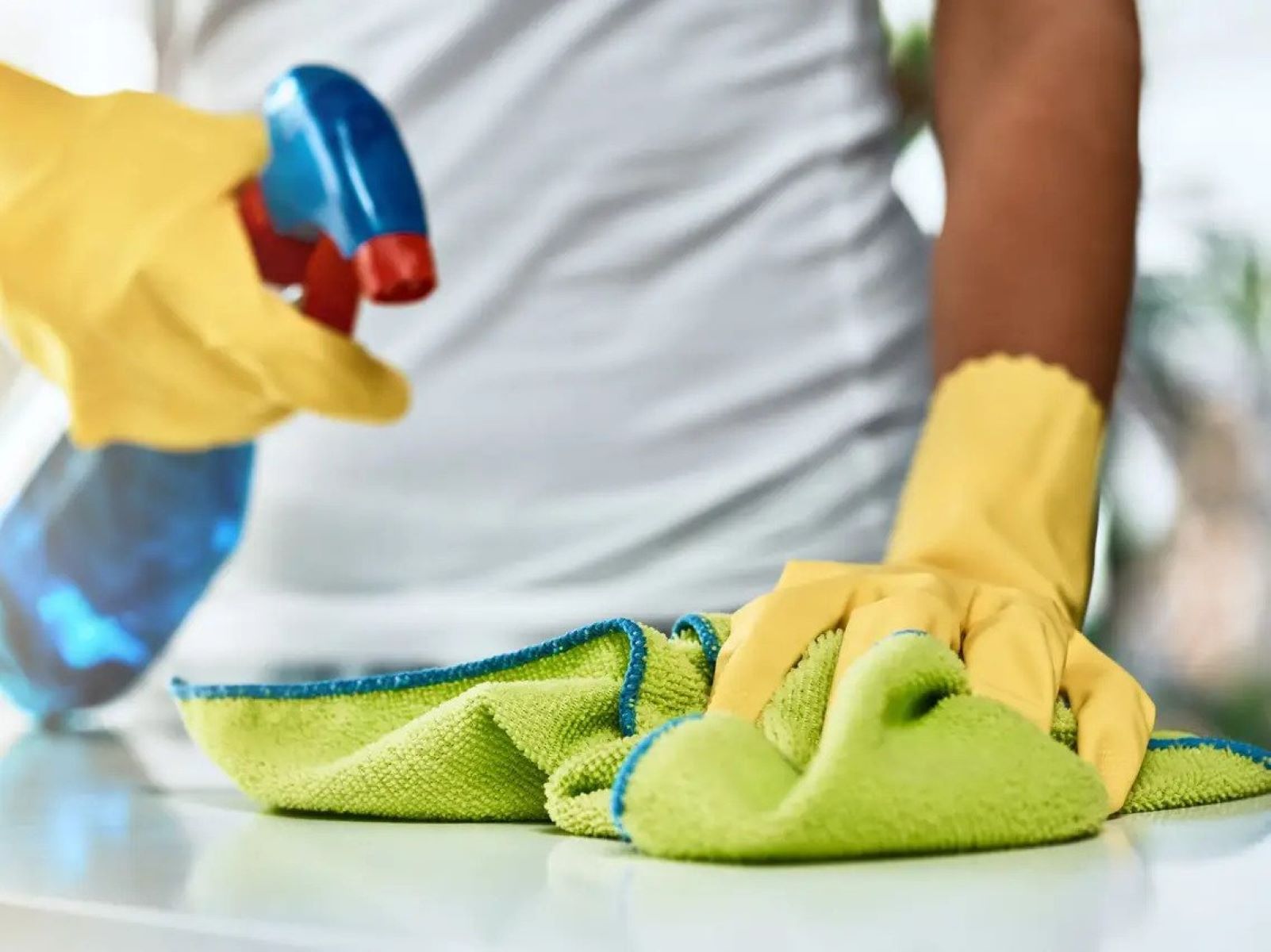
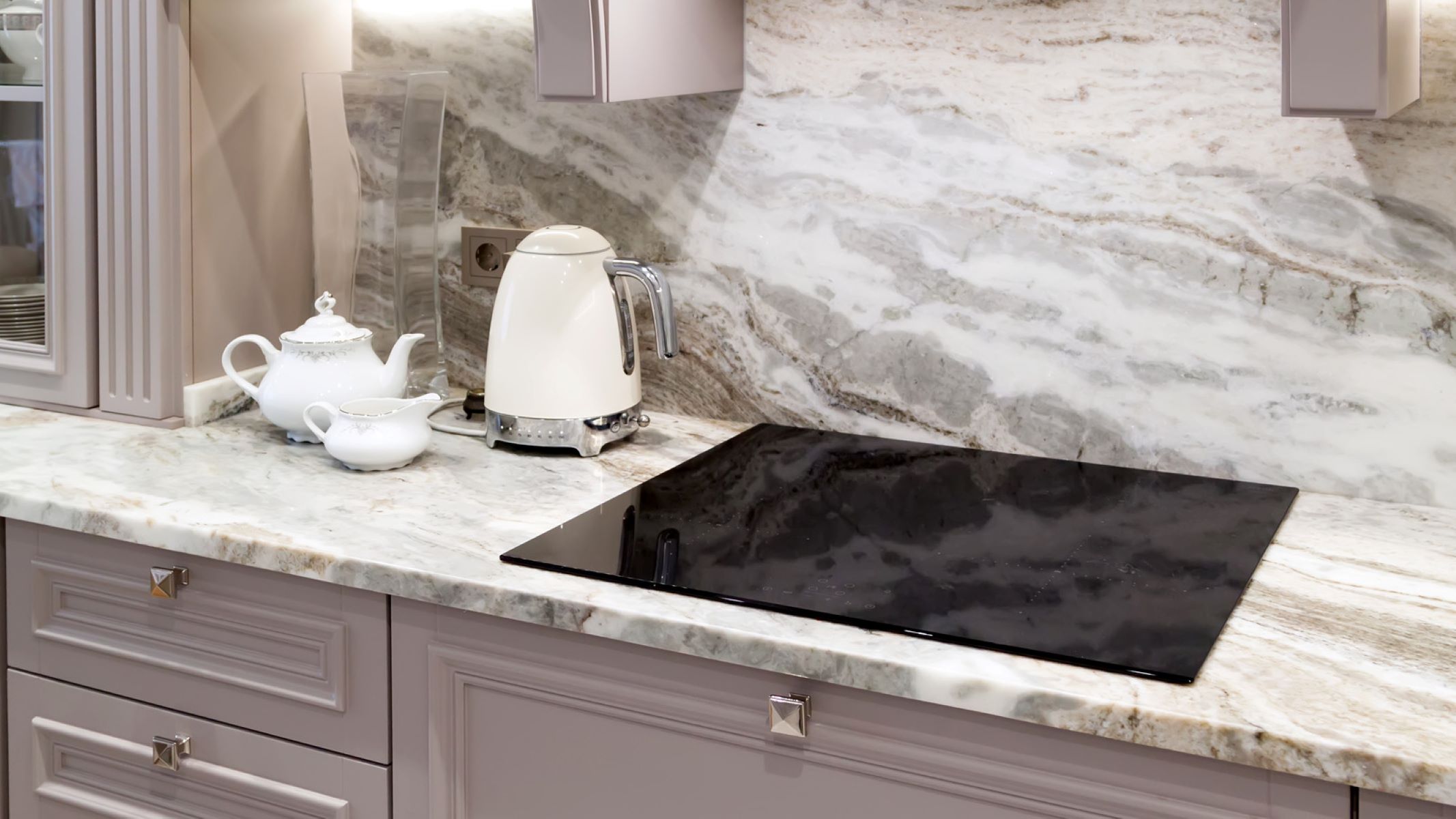
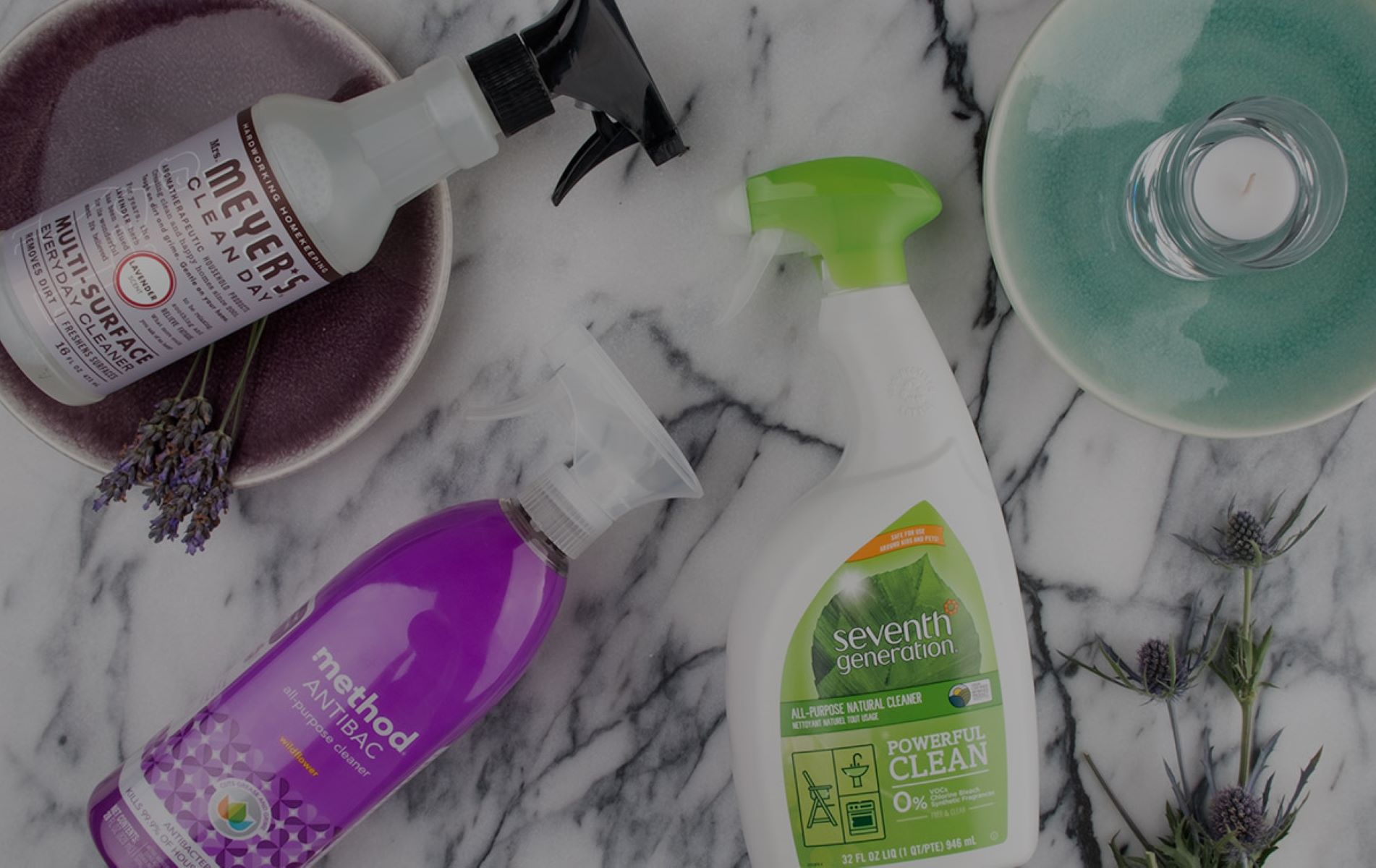

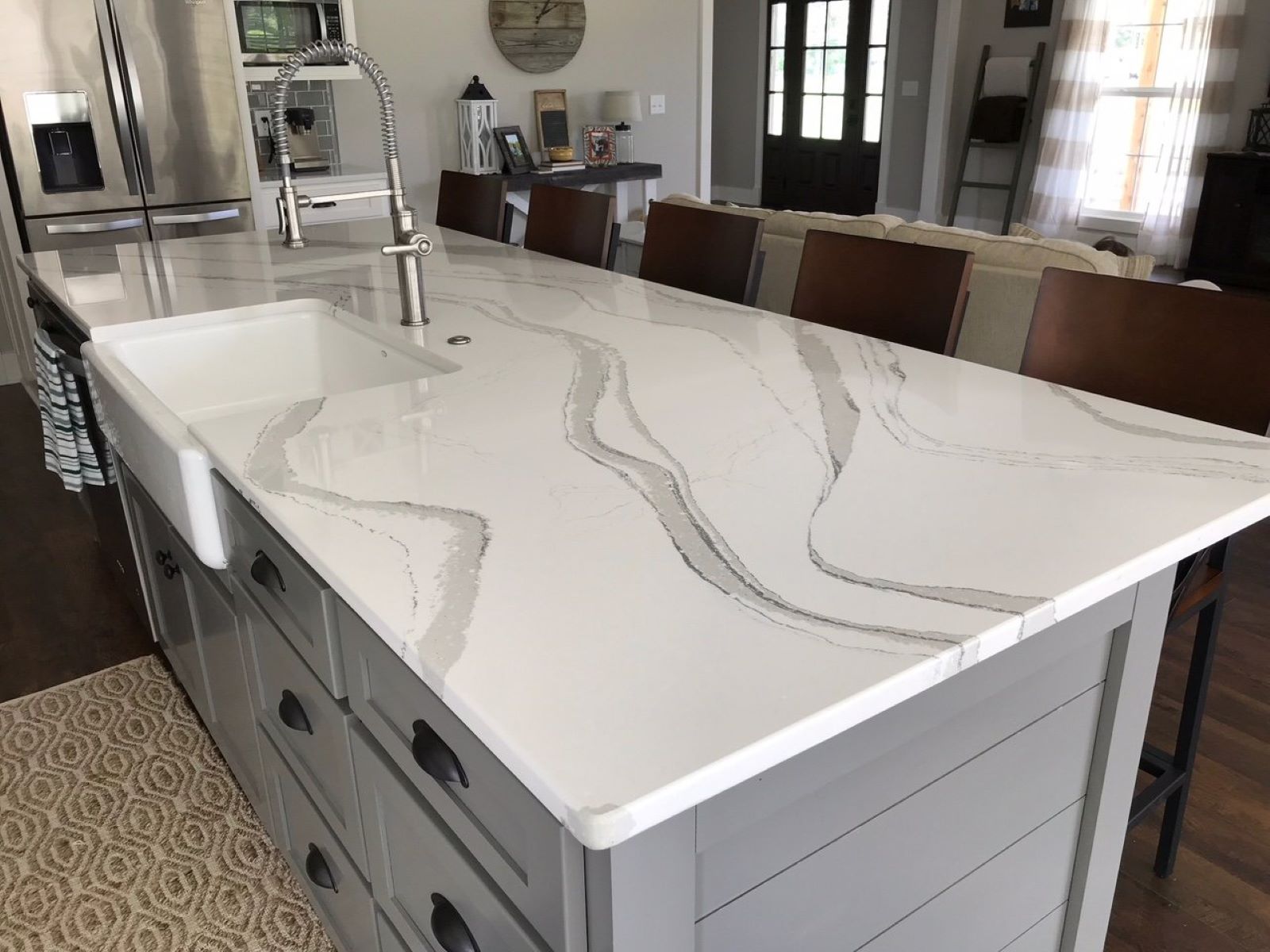
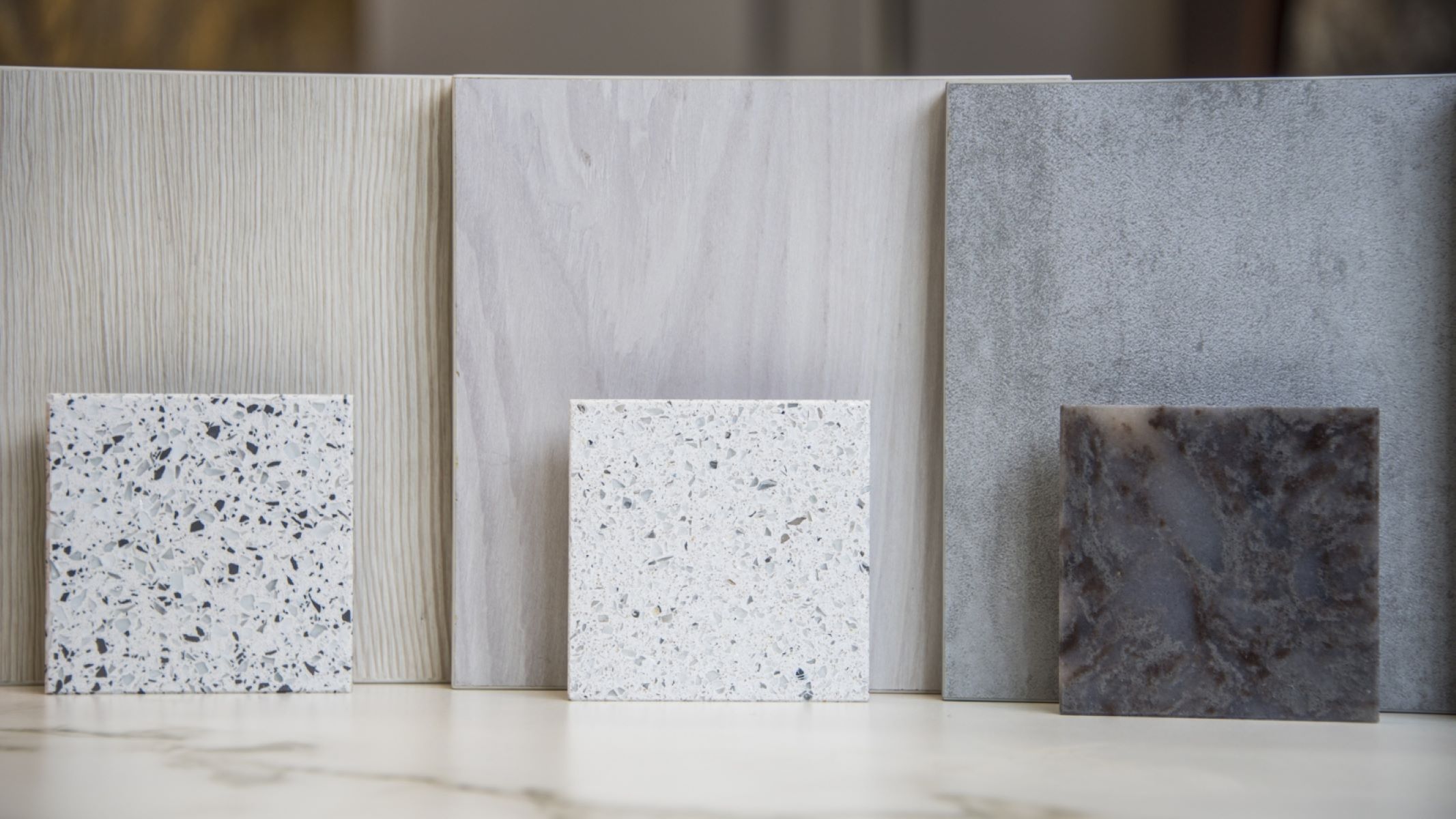

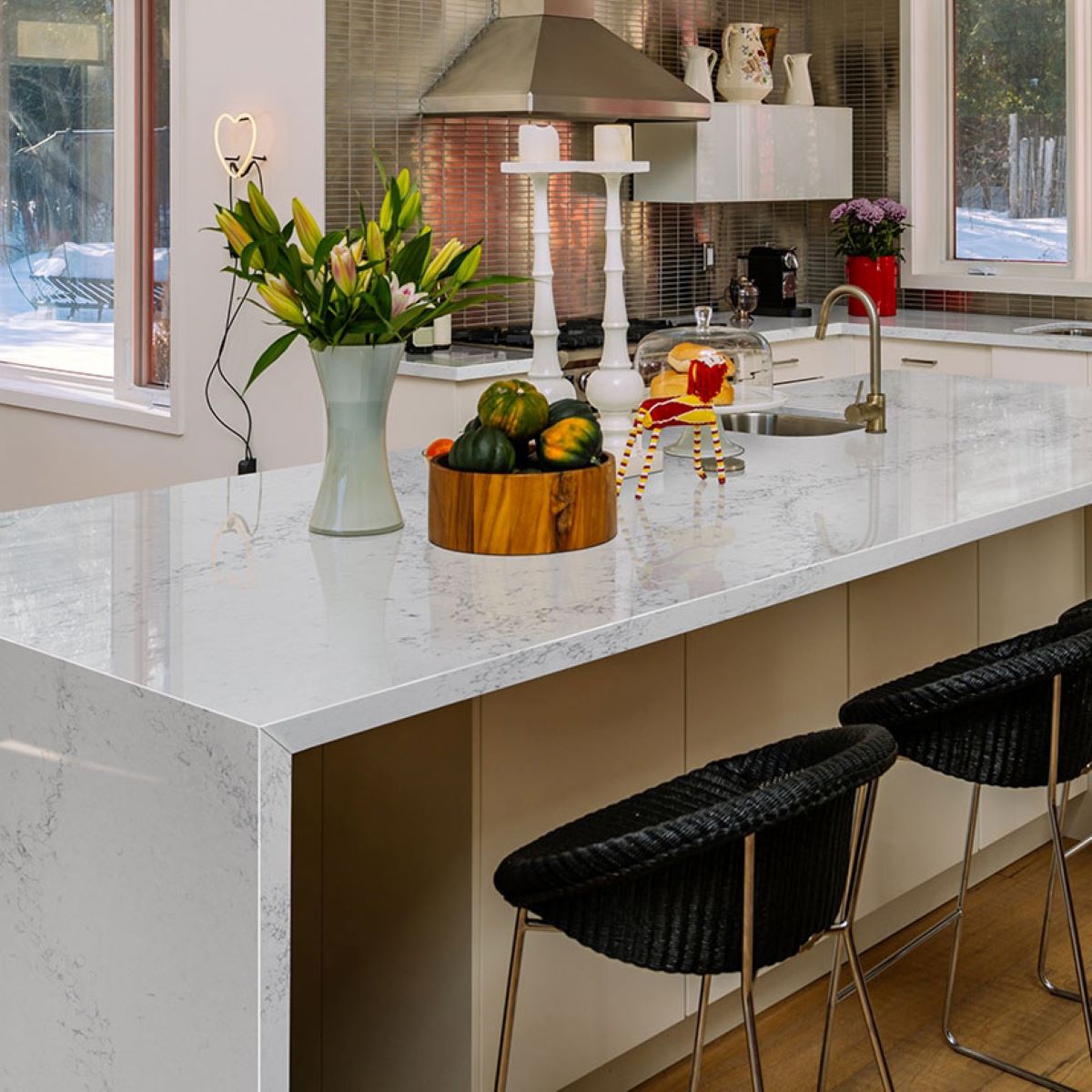
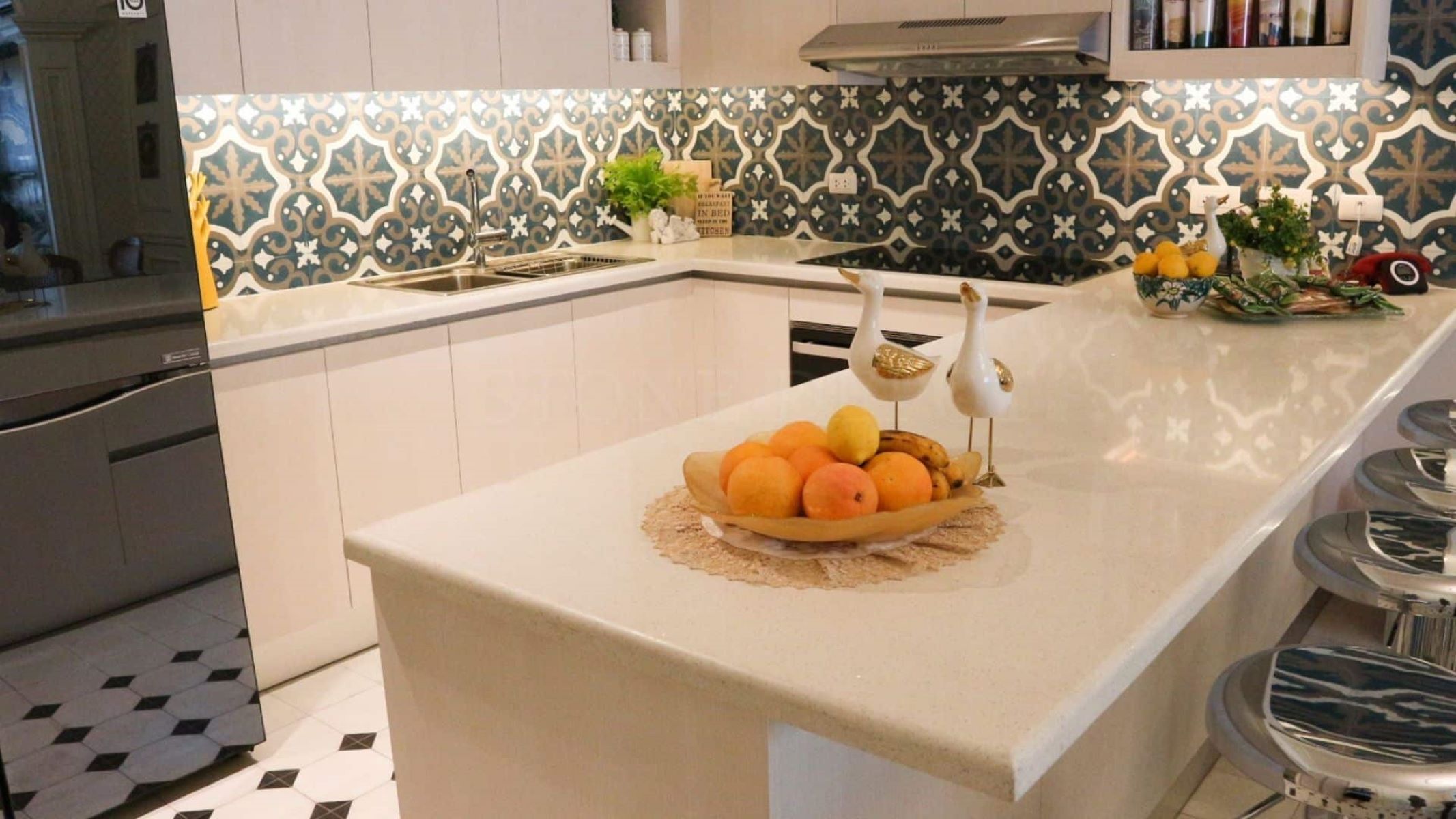
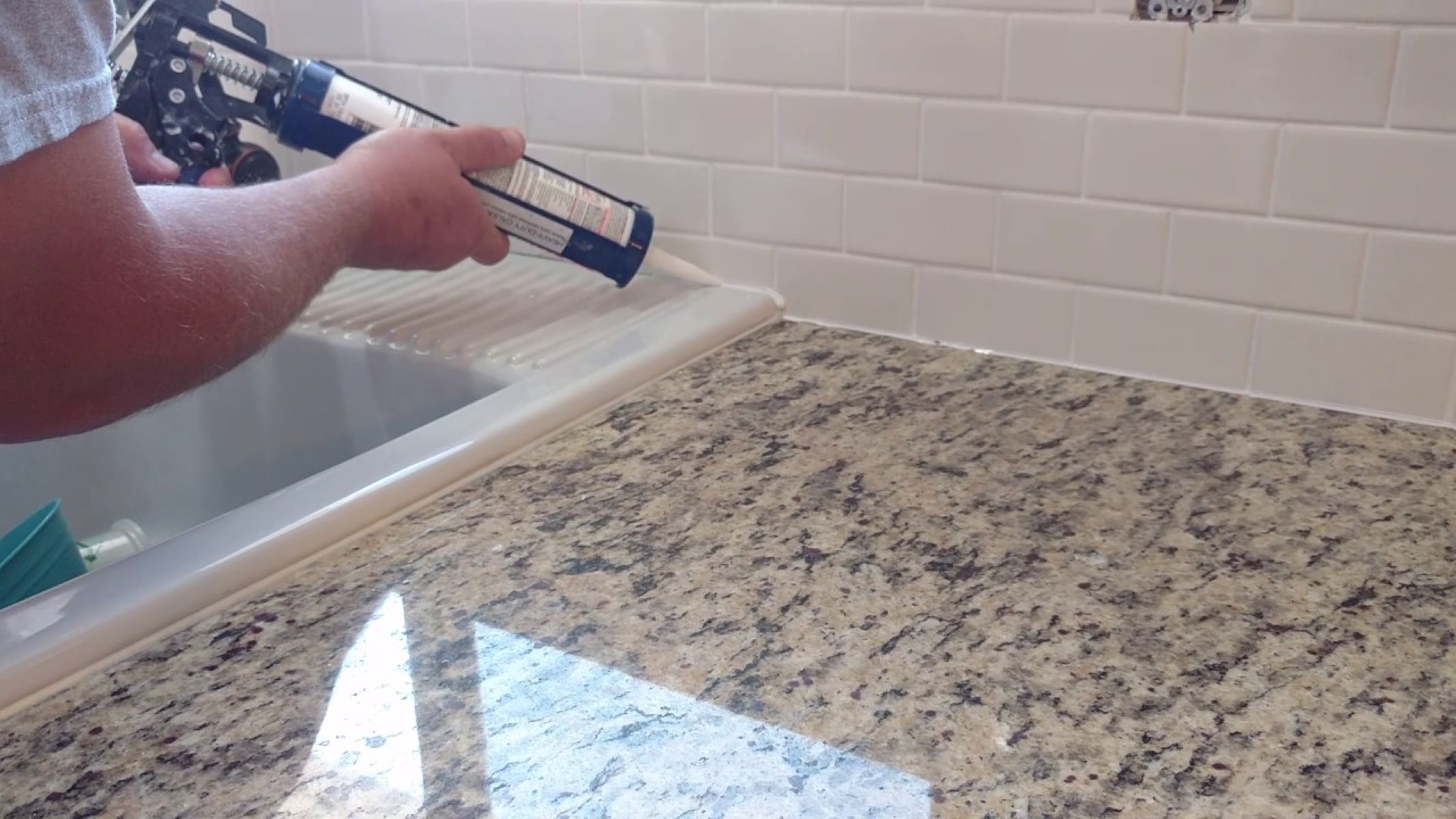
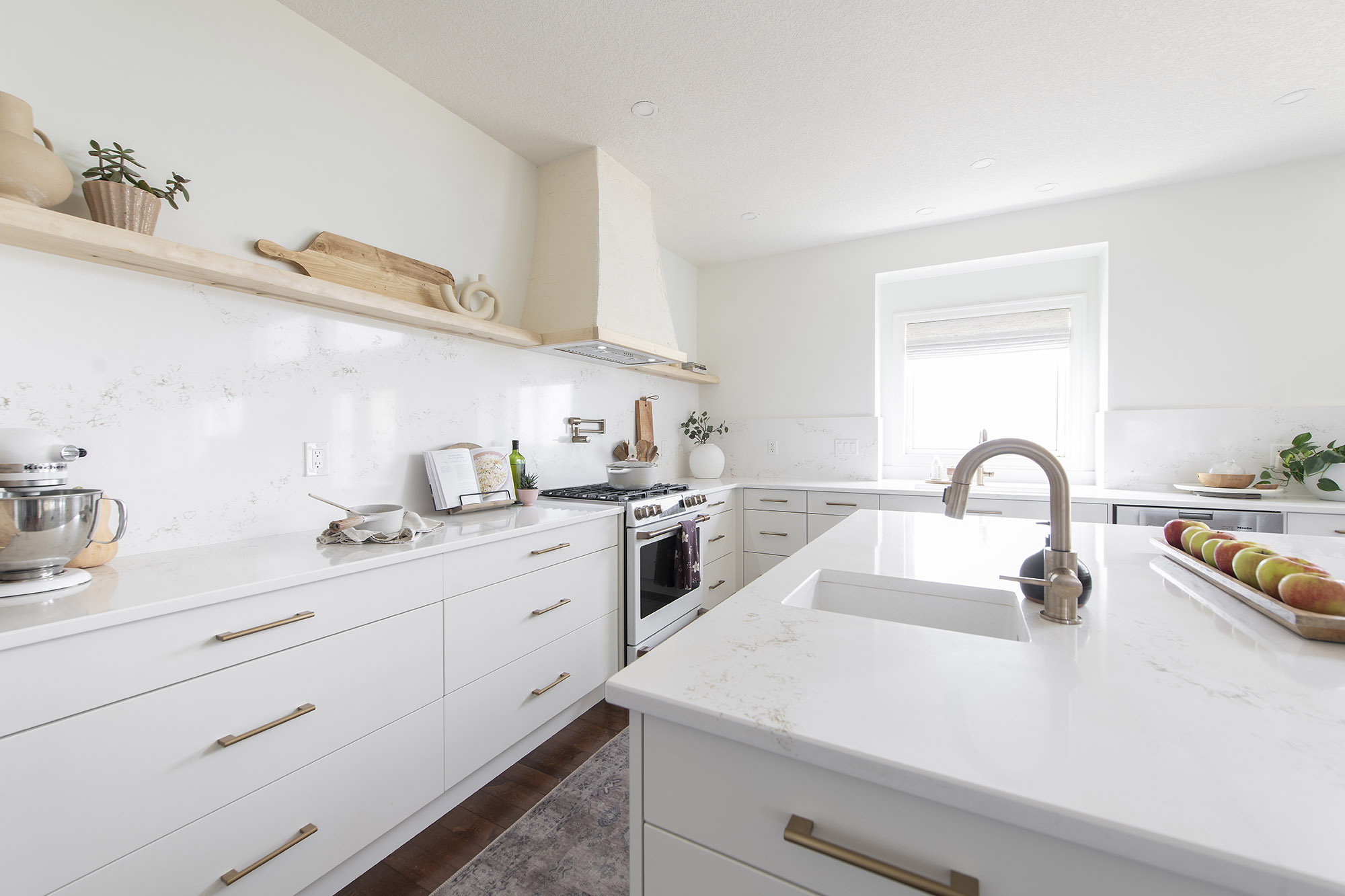
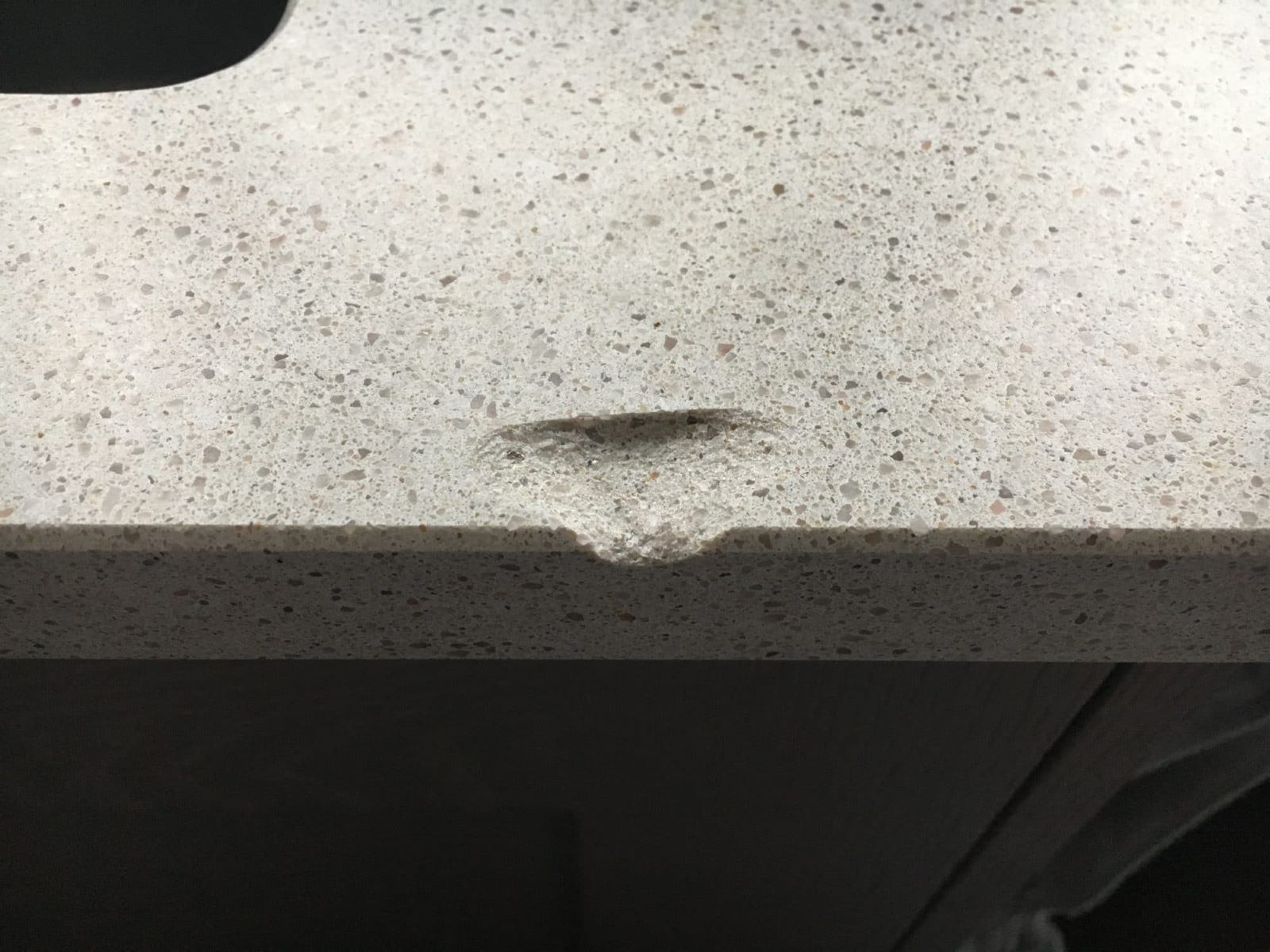

0 thoughts on “What Will Stain Quartz Countertops”